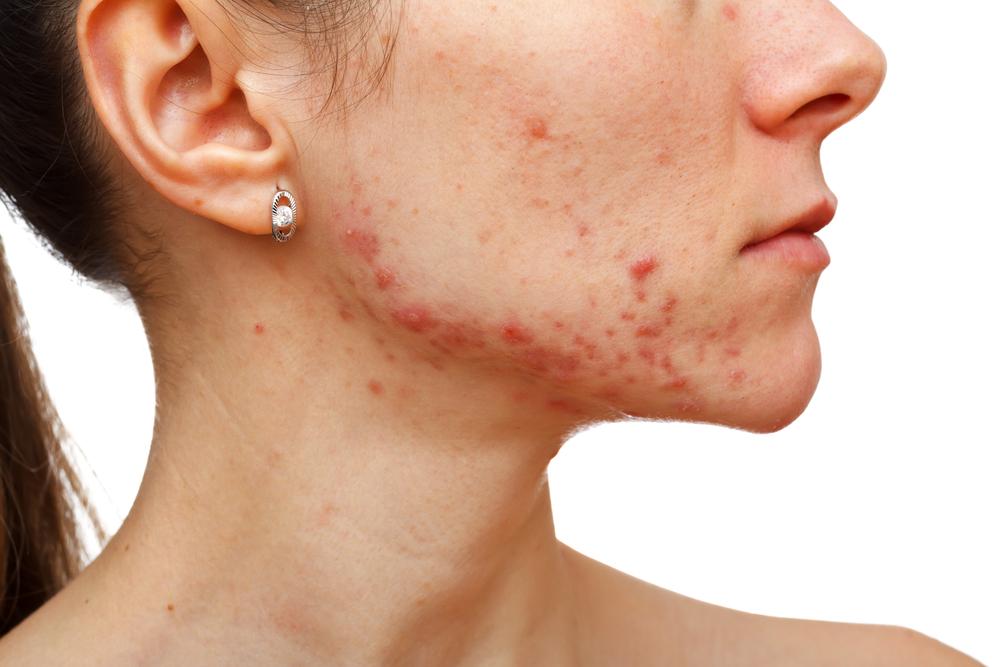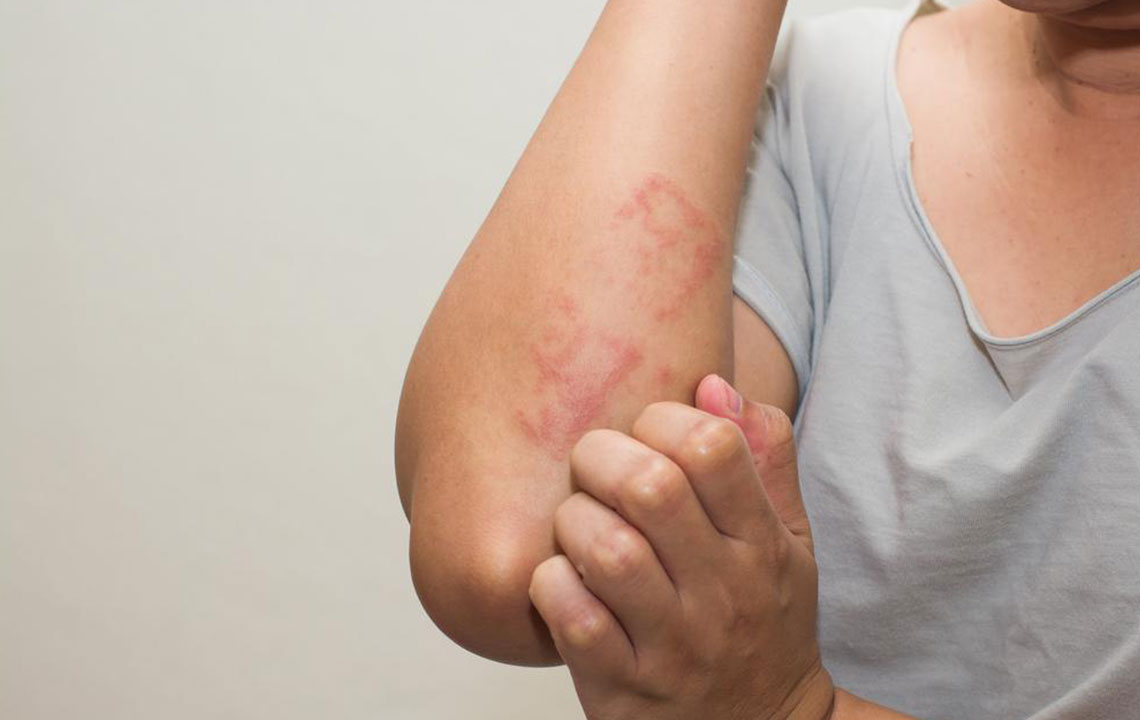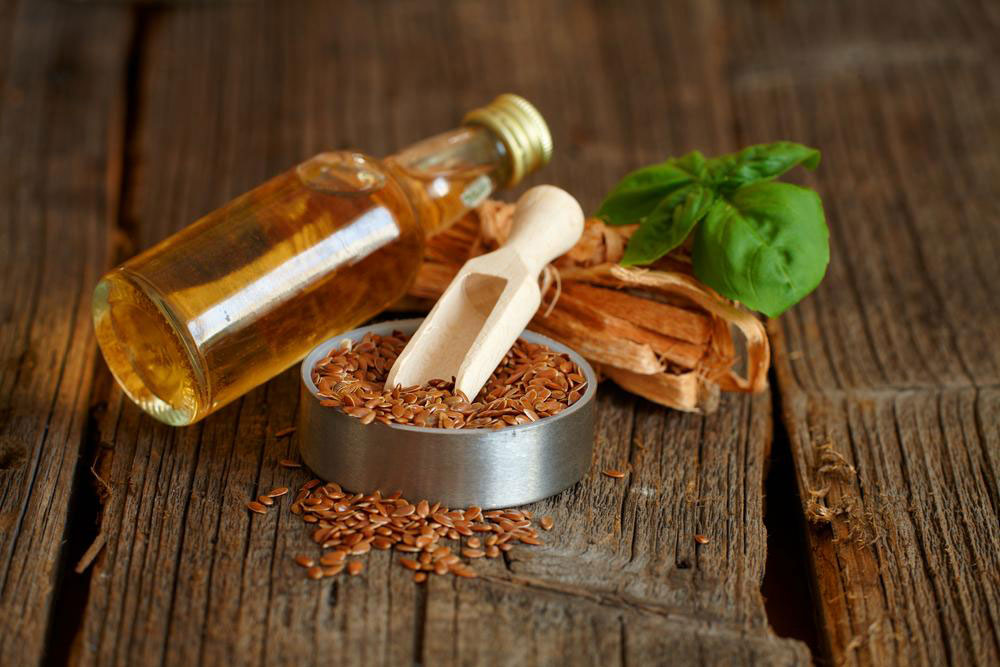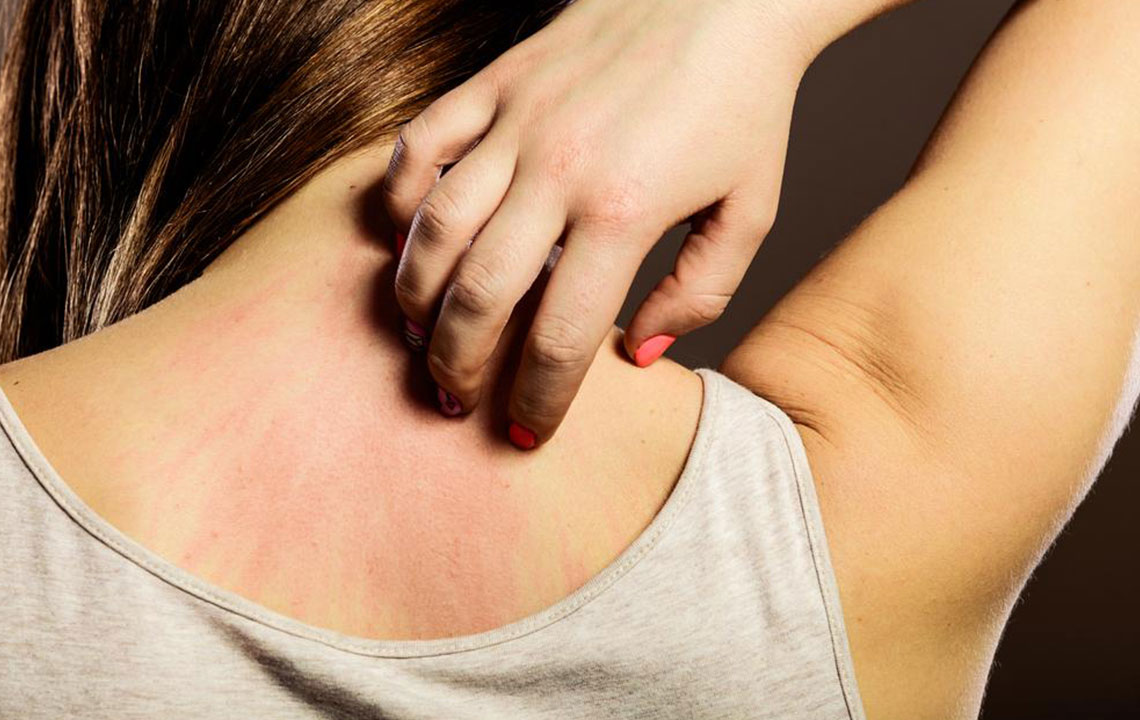Essential Guide to Managing Eczema Effectively
This comprehensive guide explores eczema, highlighting causes, symptoms, and natural and medical treatment options. It emphasizes personalized care, correct skincare, and home remedies to manage flare-ups effectively. While there's no cure, proper management can significantly improve quality of life for sufferers. The article is suitable for those seeking detailed yet accessible information about eczema treatment and prevention strategies.
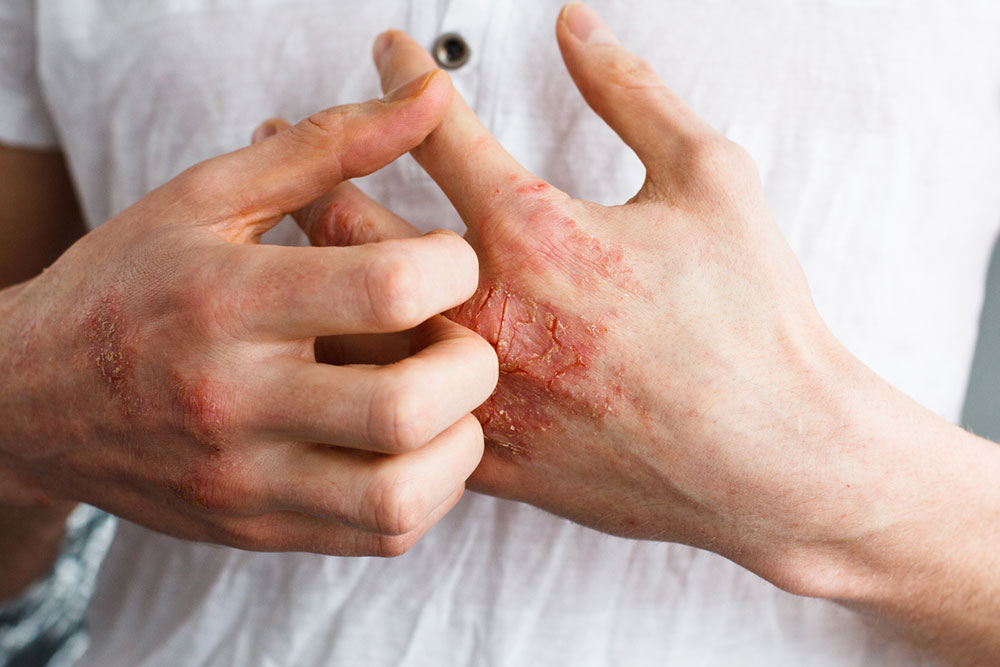
Essential Guide to Managing Eczema Effectively
Eczema is a common skin disorder characterized by inflamed, itchy, and cracked patches of skin. Sometimes, blisters filled with blood can form. It encompasses various conditions including atopic dermatitis, contact eczema, dyshidrotic eczema, hand eczema, neurodermatitis, stasis dermatitis, and nummular eczema. While some individuals encounter symptoms sporadically, others face persistent flare-ups. Discovering natural remedies and proper skincare routines can significantly improve quality of life for those affected by this challenging condition.
Key Facts about Eczema
Foods like dairy and nuts may trigger flare-ups.
Symptoms often vary by age but predominantly involve red, itchy skin patches.
Environmental factors such as pollen, dust, and smoke are common triggers.
There is no definitive cure; treatment focuses on alleviating symptoms and soothing the skin. Eczema is not contagious.
Recognizing Eczema Symptoms
Small bumps that may ooze fluid during outbreaks.
Dry, scaly, and cracked skin that can become rough.
Red or brown patches on the face, hands, feet, wrists, neck, eyelids, ankles, or scalp.
Swollen, inflamed skin from scratching.
Persistent itching and irritation.
Atopic eczema-related rashes.
Effective Eczema Management Strategies
Though a complete cure isn't available, symptom relief and skin healing are achievable through tailored treatments. Some cases see remission over time, while for others, eczema persists long-term.
Home Care Tips
Use Vegetable Shortening: An excellent moisturizer for dry, flaky skin.
Add Turmeric: Contains curcumin, an antioxidant that promotes faster wound healing.
Apply Tea Tree Oil: Has antiseptic and anti-inflammatory properties that soothe itching.
Eat Flaxseeds: Rich in omega-3 fatty acids that help reduce inflammation.
Take Fermented Cod Liver Oil: Provides healthy fats that decrease inflammation.
Bath with Magnesium: Use magnesium flakes combined with sea salt and essential oils for skin repair.
Include Probiotics: Foods like kefir, miso, and dark chocolate may decrease flare-ups.
Medications Overview
Topical Steroids: Reduce inflammation and itchiness directly on the skin.
Systemic Steroids: Oral or injectable options for severe cases, used under medical supervision.
Antiviral, Antifungal, and Antibiotics: Target infections associated with eczema flares.
Antihistamines: Aid in reducing nighttime itching.
Moisturizers and Barrier Creams: Keep skin hydrated and protected.
Calcineurin Inhibitors: Suppress immune activity and reduce inflammation.
Phototherapy: Controlled exposure to UV light to manage immune response and improve skin condition.
Though eczema cannot be completely eradicated, adhering to personalized treatment plans and protecting the skin can manage symptoms effectively. Long-term skin care is vital to prevent flare-ups and maintain skin health.

